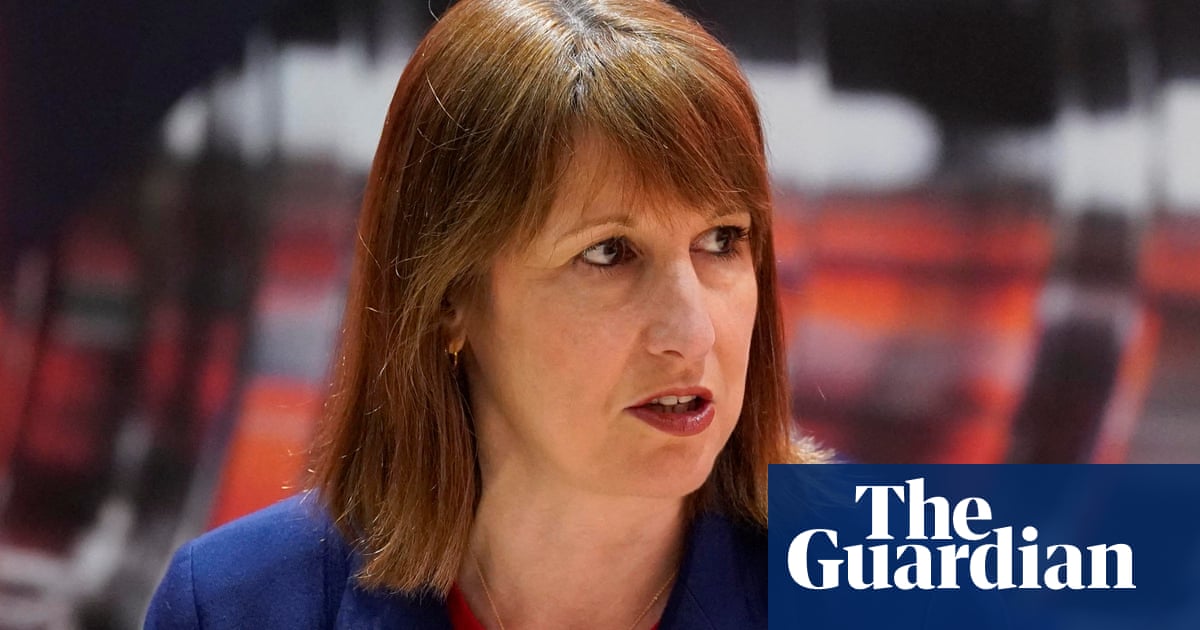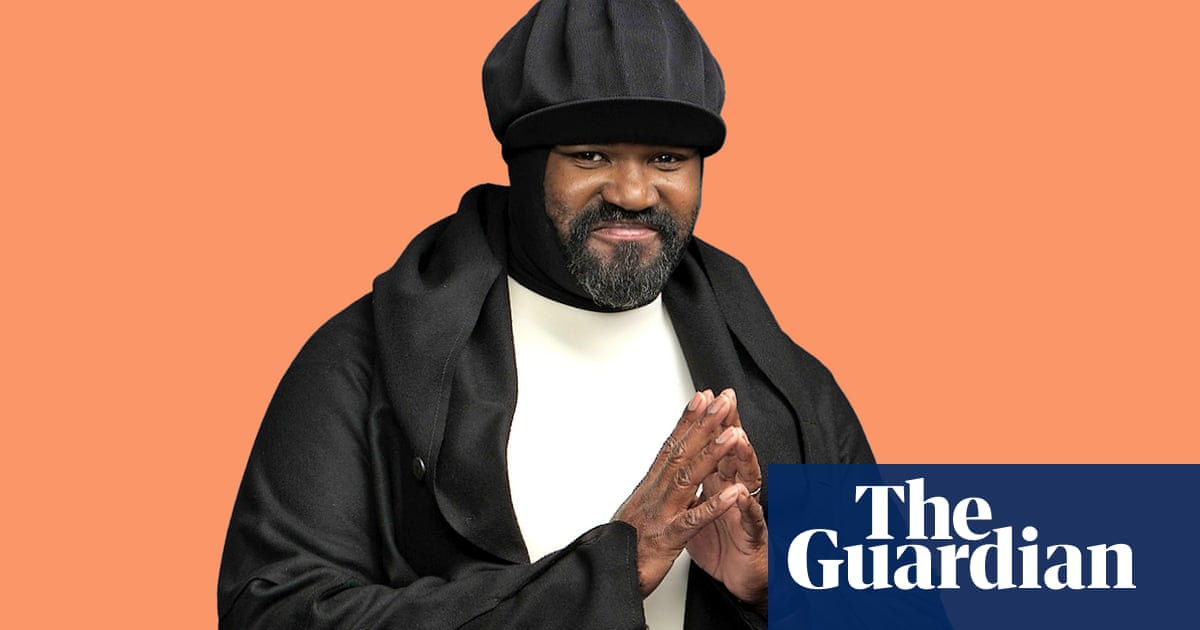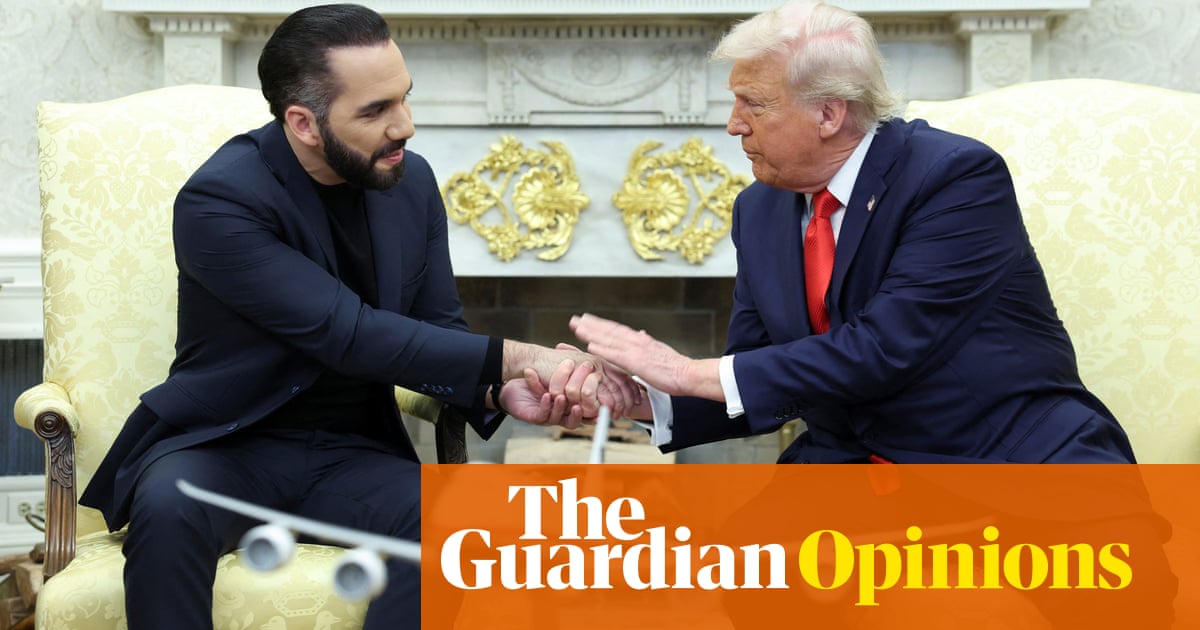Readiness to support Ukraine “until it wins” has fallen sharply across western Europe at a critical time for the country, a survey suggests, as Donald Trump’s forthcoming return to the White House raises questions over the future of US military assistance to Kyiv.
December polling by YouGov in France, Germany, Italy, Spain, Sweden, Denmark and the UK found public desire to stand by Ukraine until victory – even if that meant prolonging the war – had slumped in all seven countries over the past 12 months.
Support for an alternative resolution to the conflict – a negotiated end to the fighting, even if that left Russia in control of parts of Ukraine – had increased in every country, the survey found, and was the preferred option in four of them.
There was some unhappiness at the idea of an imposed settlement that would involve Ukraine ceding territory to Russia, but also widespread belief that the new US president would abandon Ukraine after his inauguration on 20 January.
Trump has boasted, without providing details, that he can end the war “in 24 hours”, and his Ukraine envoy, Keith Kellogg, is due to travel to European capitals in early January. Analysts have expressed doubts the Russian president, Vladimir Putin, will enter talks on terms that are in any way acceptable to Kyiv.
Ukraine’s president, Volodymyr Zelenskyy, has welcomed Trump’s victory amid exasperation with the incremental policy and strategy of “escalation management” from the outgoing Biden administration.
The data comes almost three years after Putin’s full-scale invasion and at a critical moment for Ukraine. This year Russia has been advancing at its fastest rate since spring 2022, when its columns made an unsuccessful attempt to seize Kyiv.
Russian troops have overrun several towns and cities in the eastern Donbas region, with Ukraine’s armed forces struggling to defend urban settlements in the face of a lack of frontline troops and Russia’s continuing military superiority.
Kyiv concedes that the Kremlin’s tactics have been effective, including deployment of aviation to target defensive positions with glide bombs, then using artillery barrages and small groups of infantry. Russia has also been adept at identifying weaker Ukrainian brigades.
The polling showed that willingness to back Ukraine until it defeated Russia remained high in Sweden (50%) and Denmark (40%), with the UK on 36%, but those levels were down by as much as 14 points on January figures of 57%, 51% and 50%.
Over the same period, the percentages saying they preferred a negotiated peace surged to 55% from 45% in Italy, 46% (38%) in Spain, 43% (35%) in France and 45% (38%) in Germany, matched by corresponding falls in readiness to back Ukraine until it won.
It was unclear whether the shift reflected declining interest or increasing fatigue. In France, Germany and Sweden, the proportions wanting Ukraine to win – and caring that it did – have remained stable since early 2023, though they have dipped elsewhere.
Less than a month away from Trump’s return, majorities or near-majorities in all but one of the countries thought it likely the US president-elect would cut off support to Ukraine: 62% of Germans, 60% of Spaniards, 56% of Britons, 52% of French and 48% of Italians.
They were less certain whether Trump would withdraw the US from the Nato defensive alliance, with Danes, Germans, Italians, Spaniards and Swedes more likely to think that is not about to happen, but Britons and French evenly split.
after newsletter promotion
People were also divided on how they would feel about a peace settlement that would leave Russia in control of at least some of the parts of Ukraine it has illegally seized since the February 2022 invasion, as Trump may reportedly be planning.
Majorities in Sweden (57%), Denmark (53%) and the UK (51%), and a sizeable minority (43%) in Spain, said they would feel very or fairly negatively about such a deal, compared with only 37% in France and 31% in Germany and Italy.
It is unclear how any deal on Ukraine could be done. Putin last week restated his maximalist goals, including Russian control of Crimea and four “annexed” Ukrainian regions, plus the demilitarisation of Ukraine and a veto on its Nato membership.
Zelenskyy is unwilling to hand over occupied territory to Russia. The Nato secretary general, Mark Rutte, has criticised western talk of a peace process as premature, saying Ukraine should get what it needs to stop Putin winning.
The survey showed that most western Europeans felt Ukraine’s allies had not been doing enough, both in terms of economic sanctions against Moscow and military and other assistance for Kyiv, to prevent Russia from winning the war.
About 66% of Danes, 63% of Swedes and Spaniards, 59% of Britons, 53% of Germans and Italians and 52% of French said overall assistance to Ukraine was either not quite, or not nearly enough. However, few thought their country should increase support.
Minorities ranging from 29% in Sweden, through to 21% in the UK and Germany, to 14% in France and just 11% in Italy felt their government should increase aid to Ukraine, with larger proportions in every country saying it should either be maintained or reduced.
In terms of specific measures such as increasing sanctions, shipping more weapons, sending more troops to support Nato members in eastern Europe or coordinating airstrikes against Russian targets in Ukraine, support was stable or lower than before.
Asked to say what they thought would be the situation a year from now, few western Europeans thought either Russia or Ukraine would have won, with most believing the two countries would either still be fighting, or a peace would have been negotiated.
A settlement was seen as more likely by those in Denmark (47%), Germany (40%), the UK and France (38%) and Italy (36%), with continued fighting seen as marginally the more likely scenario by those in Spain (36%) and Sweden (35%).

 3 months ago
57
3 months ago
57













































